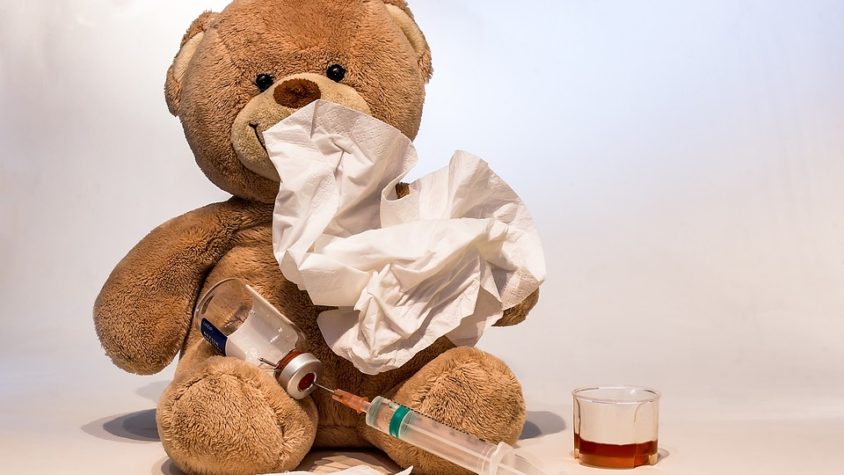By Julie Doerr, GBUAHN Public Relations December 3 -9, 2017 is National Influenza Vaccination Week, and the Greater Buffalo United Accountable Healthcare Network (GBUAHN) wants to let the public know that it’s not too late to vaccinate. At this time of the year, people may think it is too lat...
By Julie Doerr, GBUAHN Public Relations
December 3 -9, 2017 is National Influenza Vaccination Week, and the Greater Buffalo United Accountable Healthcare Network (GBUAHN) wants to let the public know that it’s not too late to vaccinate. At this time of the year, people may think it is too late to get a flu vaccination, but the Centers for Disease Control (CDC) recommends that flu vaccination efforts continue throughout the entire flu season.
“Flu season often peaks between December and February, but activity can occur as late as May,” says Dr. Raul Vazquez, chief executive officer of GBUAHN. “At GBUAHN, we are encouraging people who have not yet been vaccinated this season to get vaccinated now.”
It takes about two weeks after vaccination for the antibodies that fight the flu virus to develop in the body, so it’s best to get a flu shot early.
For many people each season, the flu means a fever, sore throat, cough, runny or stuffy nose, muscle aches, fatigue and miserable days spent in bed. Millions of people across the U.S. get sick, hundreds of thousands are hospitalized and thousands to tens of thousands of people actually die from the flu each year.
The CDC recommends a yearly flu shot for everyone six months of age or older as the first and most important step in protecting against seasonal flu viruses.
Some people are at high risk for serious flu-related complications that can lead to hospitalization and even death. People at high risk include pregnant women, children younger than five, people 65 years of age and older, and people who have certain medical conditions, such as asthma, diabetes, and heart disease. For those at high risk of serious flu complications, getting a flu vaccine is especially important.
“Getting the flu vaccine is simple, and it’s the most important thing you can do to protect yourself and your family from the flu,” says Dr. Vazquez. “Hundreds of millions of Americans have safely received flu vaccines over the past 50 years, and there has been extensive research supporting the safety of seasonal flu vaccines.”
Flu vaccines are offered in many locations, including doctor’s offices, health departments, pharmacies, health centers, and travel clinics, as well as by many employers and schools. So, next time you see a sign that says, “Get Your Flu Vaccine Here,” stop in and get one, and encourage your friends and family to do the same.

